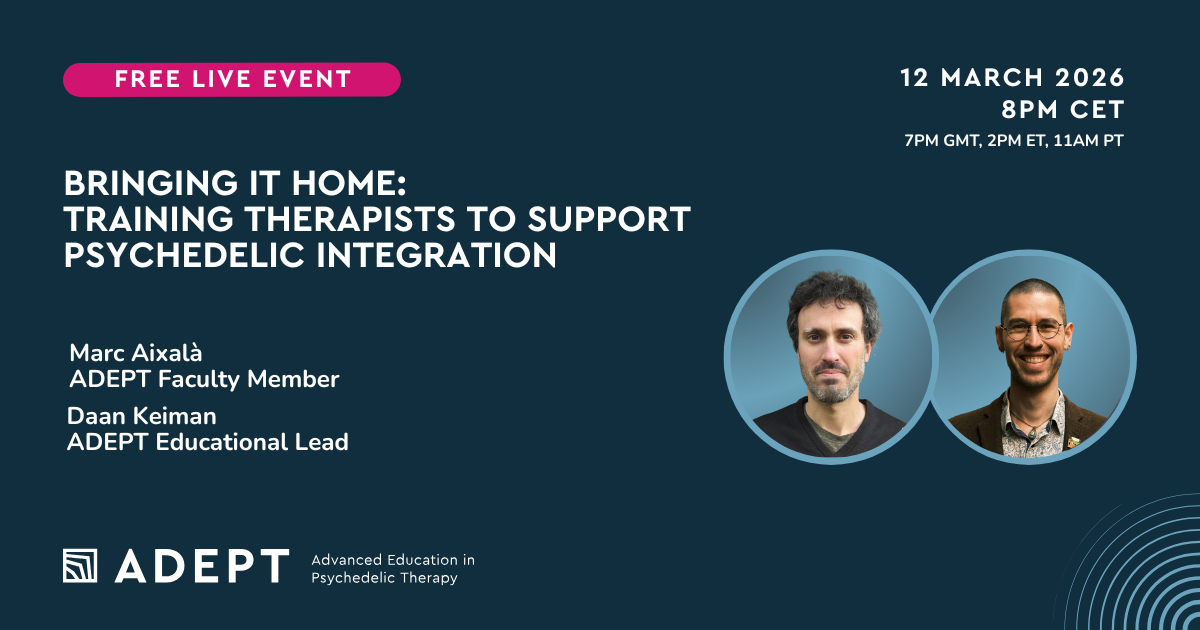Abstract
The therapeutic value of particular “hallucinogenic” plants is recognized by various cultures throughout the globe, with evidence suggesting that the medical and ritual use of these plants may date back several millennia in some instances. Peyote, a psychoactive cactus, is considered a medicine by many Native Americans, and has been hailed as a cure for alcoholism despite having no “scientifically” accepted medical use. The notion that hallucinogenic compounds may have therapeutic applications, however, is increasingly supported by scientific research. Despite the heavy focus of allopathic medicine on pharmacology, the therapeutic value of peyote must be understood in holistic terms. By uniting Gordon Claridge’s work on the Total Drug Effect with the work of Daniel E. Moerman and Wayne B. Jonas on the Meaning Response, and with Toksoz Karasu’s Agents of Therapeutic Change, a therapeutic model emerges that can explain how the symbolic, ritual, and community components of the peyote ceremony combine with peyote’s distinctive pharmacological properties to produce a unique and efficacious healing experience.
Ayahuasca-Liane, D., & Peyote-Kaktus, D. (2014). Zeitschrift für Medizinethnologie• Journal of Medical Anthropology. Curare, 37(2014), 3.
Link to full text













